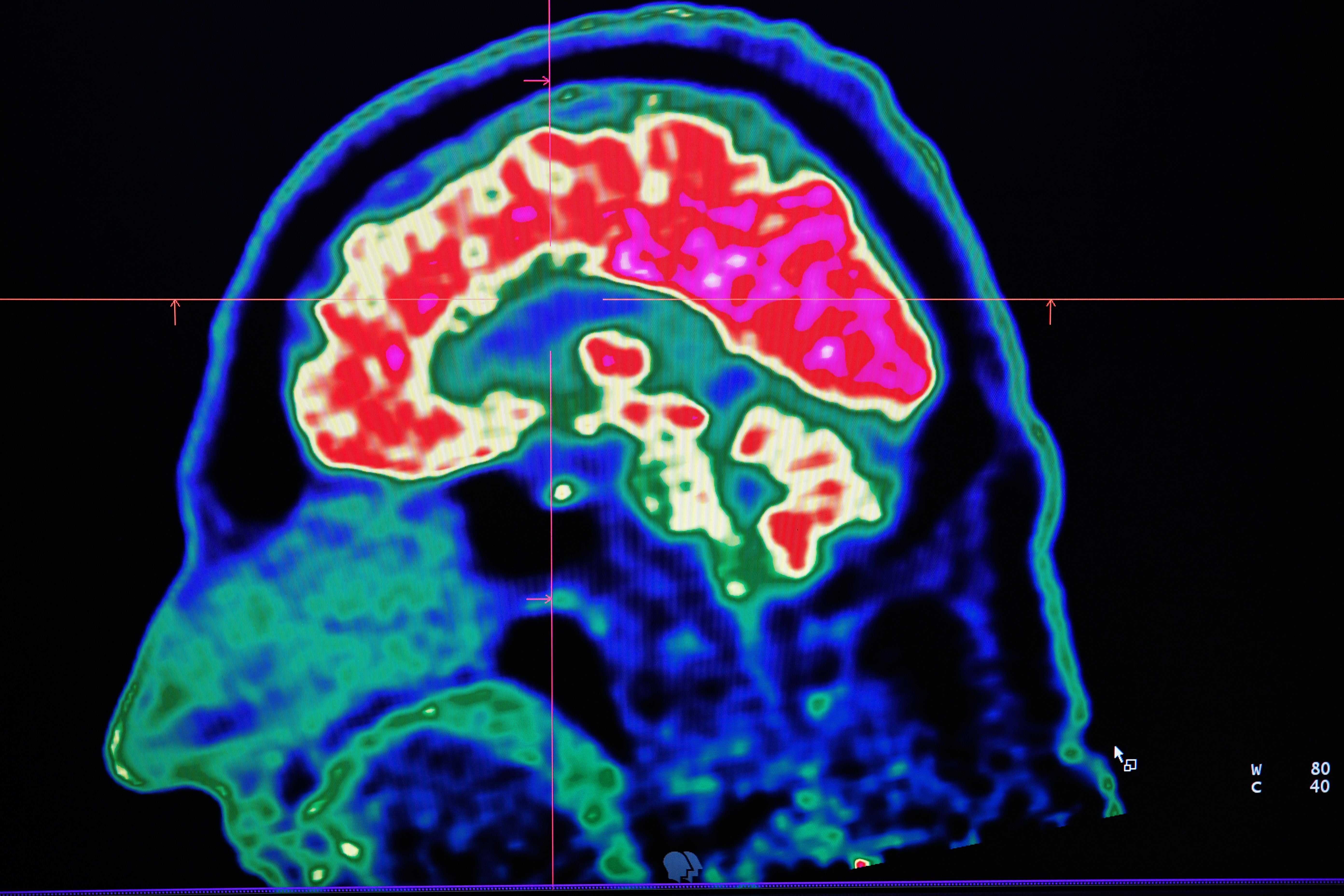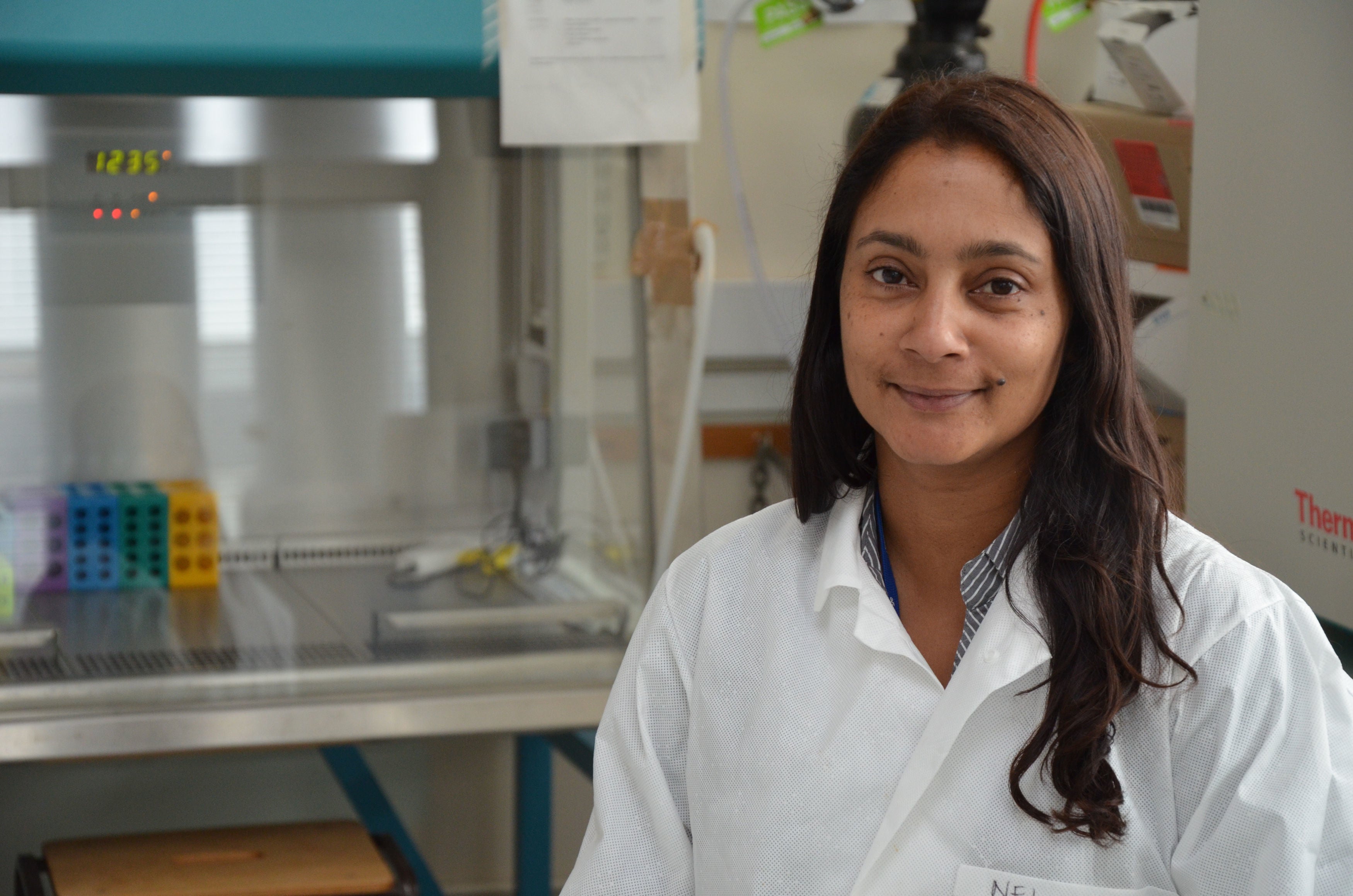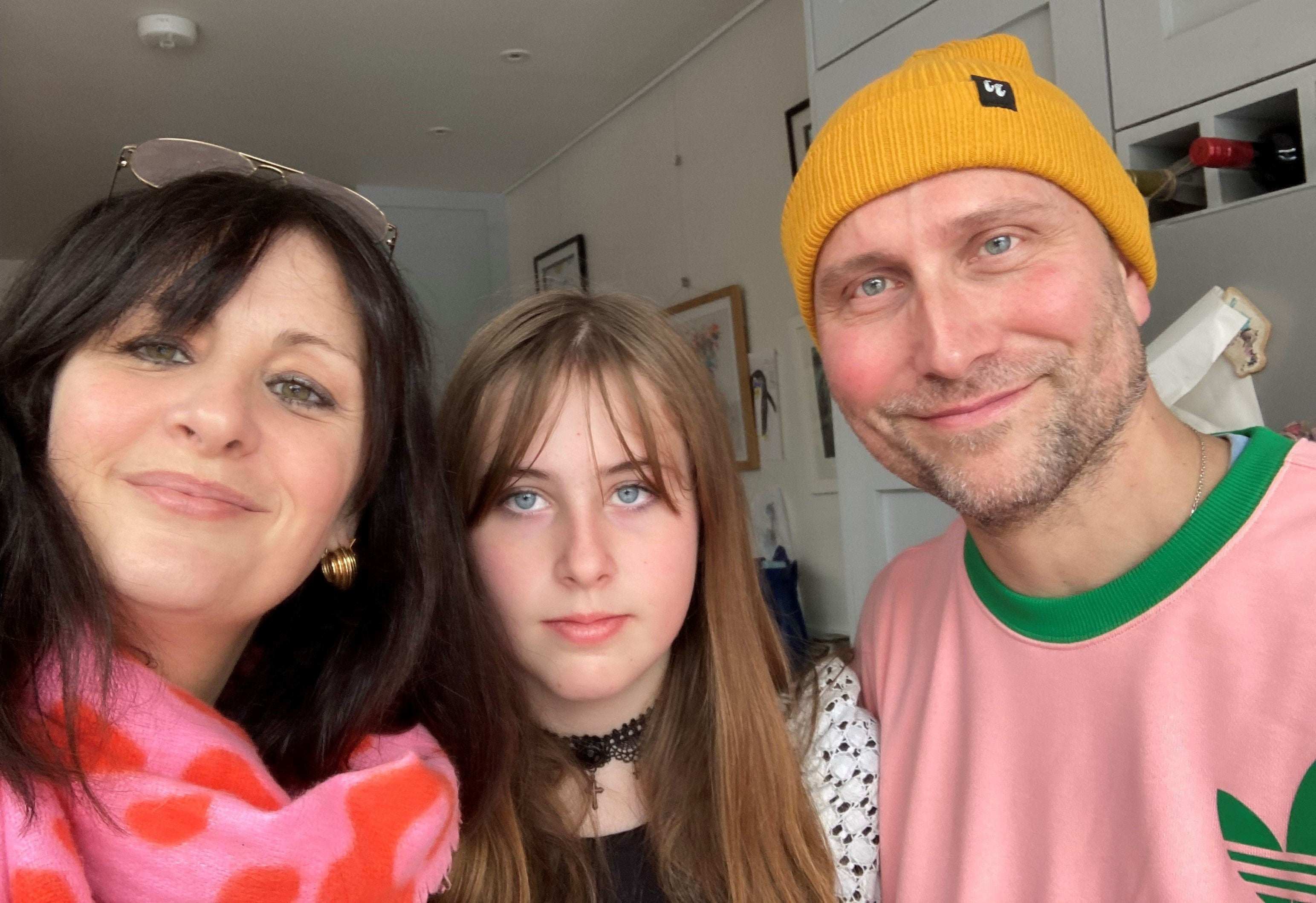Brain cancer breakthrough as world-first blood test created by British scientists
Experts have welcomed the news, saying that the test is inexpensive and would be easy to introduce to clinics
Your support helps us to tell the story
From reproductive rights to climate change to Big Tech, The Independent is on the ground when the story is developing. Whether it's investigating the financials of Elon Musk's pro-Trump PAC or producing our latest documentary, 'The A Word', which shines a light on the American women fighting for reproductive rights, we know how important it is to parse out the facts from the messaging.
At such a critical moment in US history, we need reporters on the ground. Your donation allows us to keep sending journalists to speak to both sides of the story.
The Independent is trusted by Americans across the entire political spectrum. And unlike many other quality news outlets, we choose not to lock Americans out of our reporting and analysis with paywalls. We believe quality journalism should be available to everyone, paid for by those who can afford it.
Your support makes all the difference.UK researchers have hailed a “breakthrough” world-first blood test which can diagnose certain types of brain cancer.
The simple test could reduce the need for invasive and risky surgery currently needed to diagnose some brain tumours, experts said.
It could also lead to earlier diagnosis which in turn could speed up treatment and potentially increase survival rates for patients with one of the deadliest forms of brain cancer, they added.

Brain tumour experts have welcomed the news, saying that the test is inexpensive and would be easy to introduce to clinics.
Experts said the liquid biopsy would be particularly beneficial for patients with “inaccessible” brain tumours, who could benefit from starting treatment as soon as possible.
Researchers at the Brain Tumour Research Centre of Excellence, which is run by Imperial College London and Imperial College Healthcare NHS Trust, have performed the first studies to assess whether the test can accurately diagnose glial tumours including: glioblastoma (GBM), the most commonly-diagnosed type of high-grade brain tumour in adults; astrocytomas and oligodendrogliomas.
They found the test had “high analytical sensitivity, specificity and precision”, according to a study published in the International Journal of Cancer.

Scientists now hope to conduct larger studies in the UK to validate the results, and if successful, experts estimate that patients could benefit from the new test in as little as two years.
TriNetra-Glio blood test, by Datar Cancer Genetics, works by isolating glial cells that have broken free from the tumour and are found circulating in the blood. The isolated cells are then stained and can be identified under a microscope.
Dr Nelofer Syed, who leads the Brain Tumour Research Centre of Excellence at Imperial, said: “A non-invasive, inexpensive method for the early detection of brain tumours is critical for improvements in patient care.
“There is still some way to go, but this solution could help people where a brain biopsy or surgical resection of the tumour is not possible due to the location of the tumour or other constraints.
“Through this technology, a diagnosis of inaccessible tumours can become possible through a risk-free and patient-friendly blood test.
“We believe this would be a world first as there are currently no non-invasive or non-radiological tests for these types of tumours.”
What are the symptoms of brain cancer?
The symptoms of a brain tumour depend on where it is in the brain, according to the NHS
Common symptoms include:
- headaches (often worse in the morning and when coughing or straining)
- fits (seizures)
- regularly feeling sick (vomiting)
- memory problems or changes in personality
- weakness, vision problems or speech problems that get worse
The NHS tell people to see a GP if you have symptoms of a brain tumour that don’t go away, adding it’s unlikely to be a tumour, but it’s best to be sure.
Kevin O’Neill, consultant neurosurgeon at Imperial College Healthcare and honorary clinical senior lecturer at Imperial College London, who leads the Brain Tumour Research Centre of Excellence alongside Dr Syed, said: “This test is not just an indicator of disease, it is a truly diagnostic liquid biopsy.
“It detects intact circulating tumour cells from the blood, which can be analysed to the same cellular detail as an actual tissue sample.
“It’s a real breakthrough for treatment of brain cancers that rarely spread around the body.
“This could help speed up diagnosis, enabling surgeons to apply tailored treatments based on that biopsy to increase patients’ chances of survival. I’m very grateful to everyone who has contributed to this study, especially the patients involved.”
Brain Tumour Research said that the findings are “significant” as less than 1% of patients with GBM live for more than 10 years and, for many, the prognosis is as little as 12 months.
Dan Knowles, chief executive of the charity, said: “This ground-breaking research could lead to earlier diagnosis and improved outcomes for brain tumour patients.
“The research undertaken in UK universities is world class and something we should all be proud of, but we need so much more.

“There is an urgent need for novel approaches, particularly in the treatment of GBM, which is fatal in most cases.
“Brain tumours kill more people in the UK under the age of 40 than any other cancer and we have to find a cure for this devastating disease.
“It is scandalous to think that there have been no improvements to treatment options for this type of tumour in two decades and the standard of care for GBM patients – surgical resection followed by radiotherapy and chemotherapy – remains unchanged.
“This is why we are campaigning for the Government and larger charities to invest more and we will keep up the pressure until patients and their families get the help they so desperately need.”
A family whose lives have been turned upside down after a glioblastoma diagnosis said that diagnosis delayed cost them “precious time”.
Steve Ackroyd, a TV editor from Palmers Green, North London, was initially misdiagnosed with and treated for epilepsy.
He was diagnosed with a glioblastoma brain tumour three months later, in August 2022.
The 47-year-old, who has a 12-year-old daughter, had a biopsy followed by radiotherapy and chemotherapy and is currently undergoing immunotherapy treatment in Germany.
His wife Francesca Ackroyd, who set up a crowdfunding page to fund his treatment abroad, said: “In Steve’s case he went through a surgical biopsy to determine his tumour type, and we also found out that its diffuse nature meant it is inoperable.
“We waited seven weeks for the results only to find out that the tissue was later deemed to be a ‘poor sample’.
“Unfortunately, all the delays cost us precious time when he could have been on treatment.”

Join our commenting forum
Join thought-provoking conversations, follow other Independent readers and see their replies
Comments